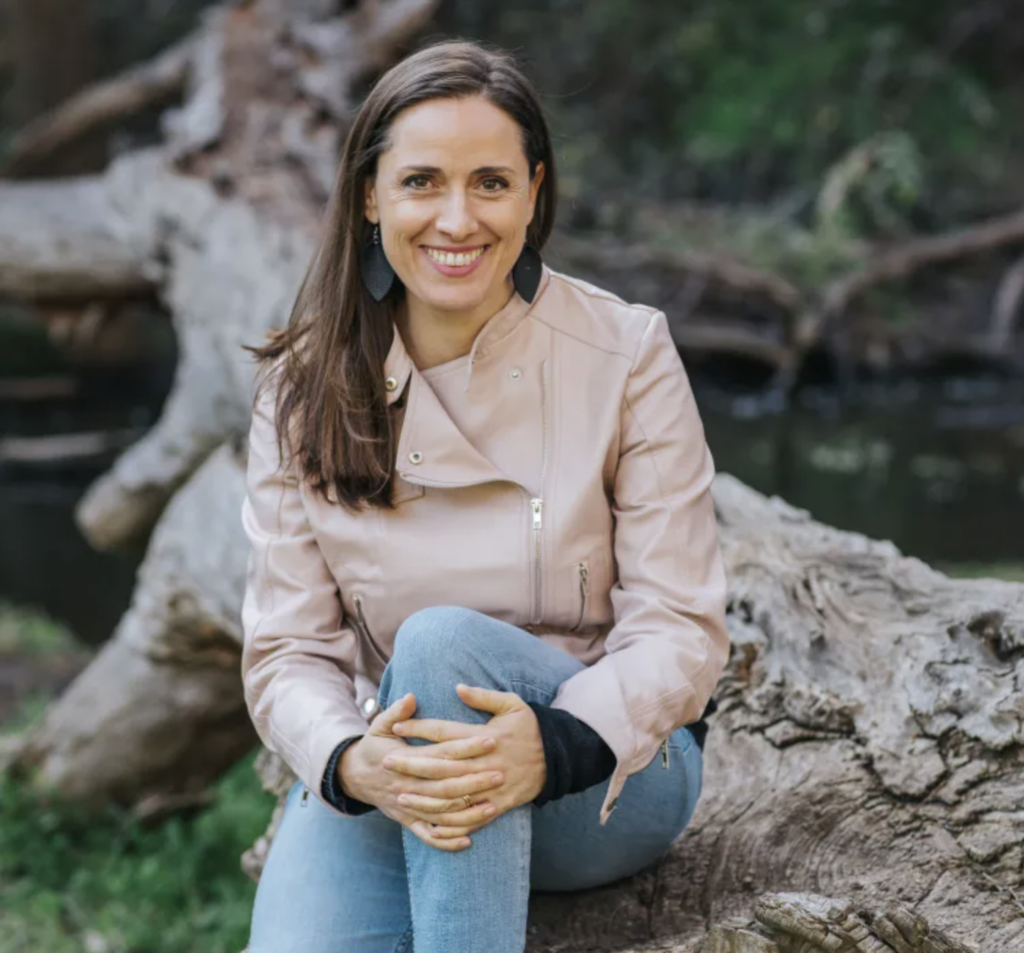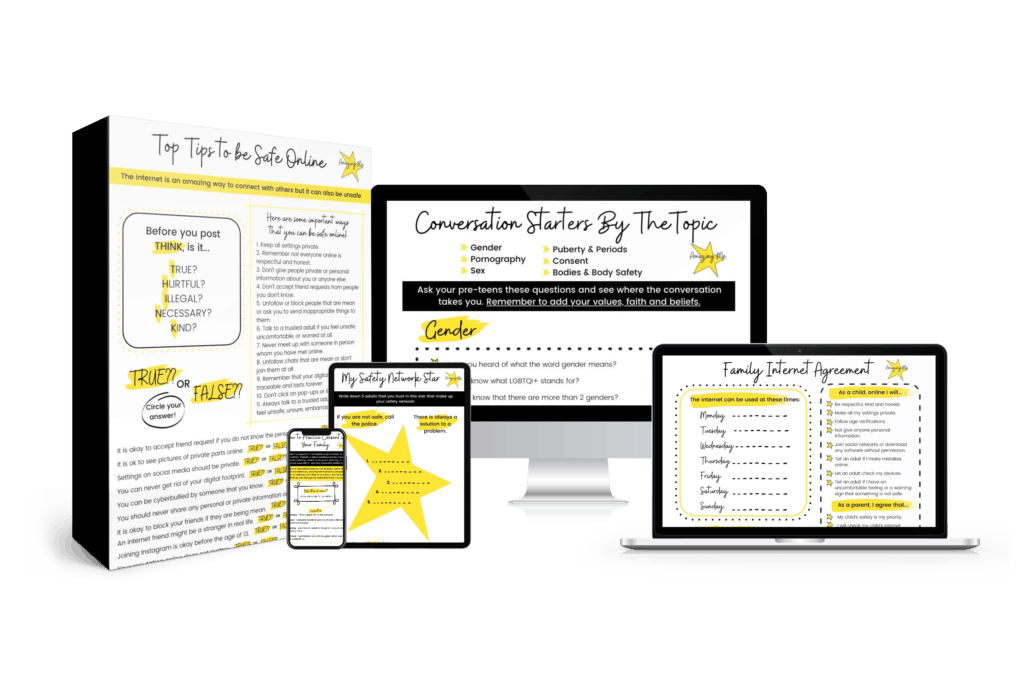Everything is "Figuraouttable"
Gosh, I meet some amazing people through social media and Dr. Fiona Ghiglione the founder of ‘Mothering Girls’ is one of them. She is a specialist researcher, practitioner and educator in mindfulness, and a mother of two girls. Fiona designs programs for mothers of pre-teen girls to help them thrive in adolescence.
At ‘Amazing Me’ I am always talking about the importance of having open and positive conversations with our children when it comes to any sexual health topic. Conversations strengthen relationships and make you are the ‘askable’ parent that your child needs. But it’s not just about sexual health; it’s about every topic, because strong healthy relationships build connections.
Fiona wrote this blog about why it’s also important to foster relationships when it comes to internet use.
How our relationships can protect our kids on tech
This week I read a statistic that floored me: only 33% of parents have regular conversations with their kids about internet use, even though of the same parents, 68% were highly concerned about online activity. It goes without saying that technology is dominating our kids’ lives like never before. Screen time is exponentially increasing – with preteens, their tech use has risen 17% in the last two years, an average now of 5:33 hours per day.
As parents, we are all aware that inevitably during their time online, our kids will face some kind of problematic content. Research shows us that 42.1% of kids admit they have seen online porn, one in 16 has been exposed to hardcore pornography and one out of every five (20.2%) students have been bullied online. The online world, despite having some wonderful educational and entertainment value for kids, is rife with risks.
When our kids inevitably encounter these things online, our relationship with them will matter—more than we think.
The greatest question we can ask ourselves as parents in those moments is: Will they feel comfortable enough telling us what is going on? Will they reach out for help? The closer we are with our kids the more likely we be able to;
Notice any changes in their behaviour and mental health after online activity.
Help them to intervene early if we notice issues.
Guide them along this path as they experience difficulties
Protect them from online harm, keeping them safe.
You may be worrying that you have started this journey on the wrong foot, but the wonderful thing is it is never too late to pivot and reconnect with your child around technology.
Here are some tips to help do this:
After your child has been online, ask them “what did you learn today online/on that app?” “Who did you talk with? What is going on in their life?”
Build routines and traditions in your family to keep connection flowing with your kids. Perhaps it is 15 minutes chatting before bedtime, family dinners or evening walks create space without technology and distractions to catch up on what’s happening in your life.
Be as interested in their online world as much as their offline world. We wouldn’t drop our girls off at a strange, new place on her own, nor should we let her venture out to the online world without some guidance and communication with us.
Start early using parental controls to help inform you about her online activity, but don’t let it be the only information you collect. Ask your child how they feel while they’re online. Inquire about how she is using her phone and hear her thoughts, feelings and perspective. Sometimes the information you get on your parental control app isn’t showing the full picture. For example, perhaps you get a notification that she has entered into a site that was off limits. Parental controls can’t explain why she went there and what she was thinking when she made that decision.
If we are to truly guide our children we need to have shame-free conversations that help them to reflect on their actions. Remember if she is worried about something online her nervous system will already be in high alert and her thinking brain less activated. It’s in these moments she needs us to be grounded and to help her think through the situation.
When our nervous system is calmer our prefrontal cortex (our thinking brain) is active. Research shows that the more regulated we are as parents it can activate a similar response in our children’s nervous system, through the activation of mirror neurons.
We won’t always be able to be digital gurus and most of the time our kids may be more savvy online than us. But your rule of thumb can always be “Everything is figureoutable …you can always come to me and even if I don’t know the answer, we can figure it out together”.
I understand that sometimes the internet can feel overwhelming for parents and caregivers. Technology is forever changing and many of us did not grow up in the world of the internet. We want to protect our kids for as long as possible. But Fiona’s words are gold when it comes to having a relationship with your child.





